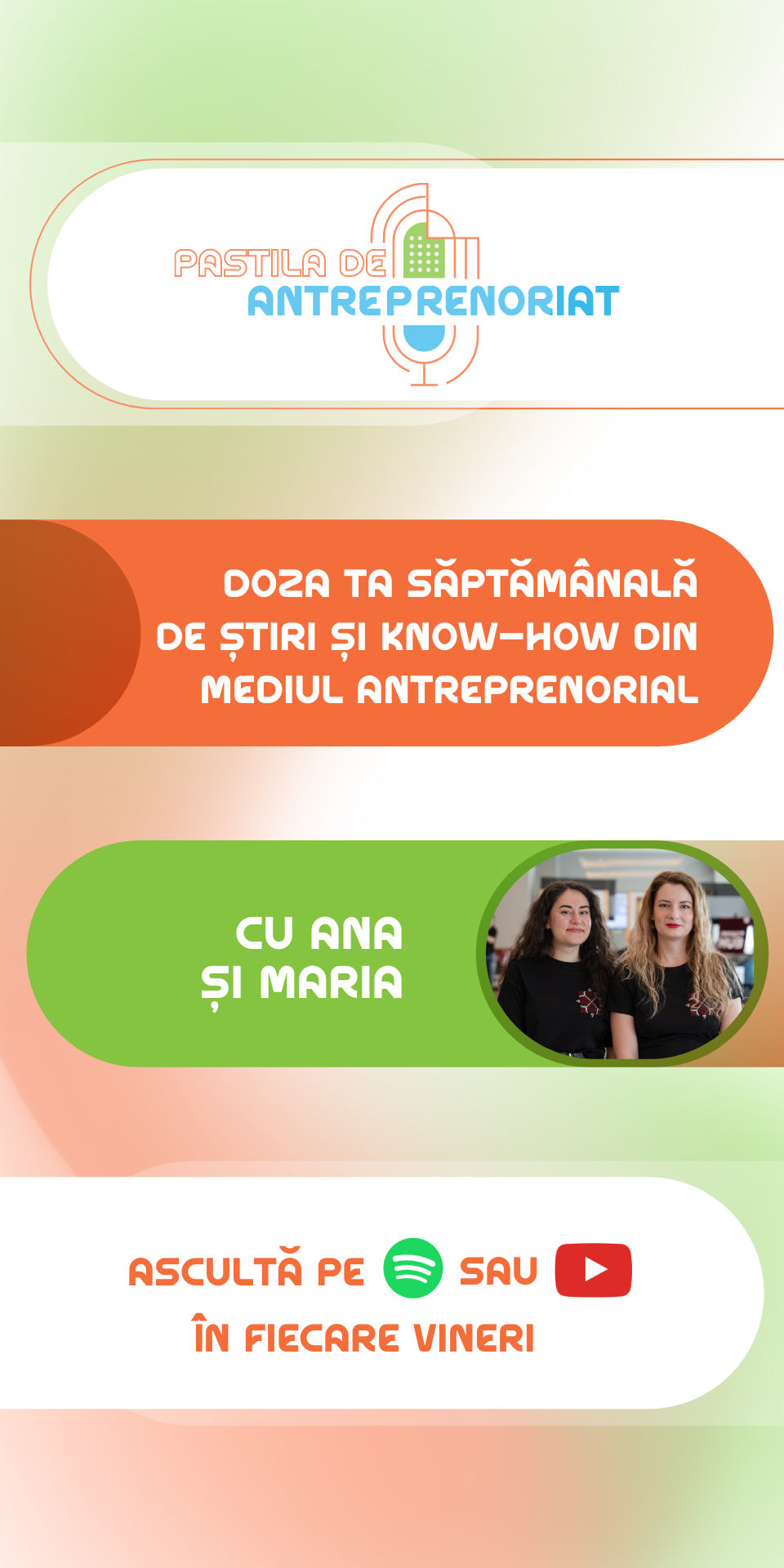Let's see what are some key skills and strategies to present your project (including verbal/non-verbal communication skills, active listening, time management).

Here are some tips on how to pitch your idea following 5 golden rules.
1. Keep it SIMPLE and SHORT
Your pitch should last no longer than 15 minutes. Use simple effective language, and condense your creative project into a presentation of no more than 10/15 slides. Investors love it when your ideas are short, concise, and straight.
2. Know WHOM YOU ARE PITCHING TO
Think about what you want. Be assertive and show your audience that you know what you are looking for and exactly what you want from them. Ask upfront to be sure not to waste their time or yours and remind them again toward the end with your real action.
3. Address the PROBLEM
Point out the current problem and bring it in one clear, simple sentence then present your solution. Once again, keep your audience in mind, as well as the research you have done on the competitors.
4. Why is your approach UNIQUE?
Highlight your unique selling proposition. Your audience will also pay attention to how you are working differently than everyone else. Instead of just pointing out all of your unique features, try to show them in a storytelling fashion to further engage the potential investors or audience members.
5. Close your presentation with a MEMORABLE STORY
Tell your story to touch the audience’s heart so that they can remember you.
Main points of your pitch:
- A short, effective text that could be used as a Facebook post or as a brief presentation on your website, for example.
- A short sentence about your project that condenses your aim and the benefits for your potential partner.
- Choose the title of your project and a cool slogan!
Important pitching skills you should develop
Remember: you have to be a good listener too! Put yourself in the audience’s shoes in order to communicate your idea or project effectively. This way your words, pitch, mind map, and all the offline and online tools will become clearer and more useful for the most significant parts of the project.
As you can see, there are some key skills that you need to be aware of and develop or improve in order to pitch your project effectively.
Among them, there is the ability to listen actively. It can be easy to just talk continuously to the person you are pitching to, but in fact, one of the keys to success is listening. Listen actively, and do not just let their words pass you by. In other words, look for meaning. Read between the lines, let your audience ask you questions for clarity, and dig into your listeners’ points.
Look for visual cues about your audience’s understanding. Are they enjoying your presentation? Are you providing them with what they are looking for? Look to their body language to gauge mood and emotion. By checking in and considering these things throughout your pitch, you will give yourself the opportunity to adapt your tactics and make sure your message hits the spot.
At the same time, speak in an engaging way because monotone sentences, reading, or overusing jargon are ways to lose your audience, whether you are pitching to a room or having a one-to-one conversation.
Remember that when you are speaking to an audience that is unfamiliar with your subject, it is crucial for you to emphasize important words, which are the ones you want to remain in your audience’s head long after you have finished, the ones that hold the key information. Inject color into your voice by using pauses to keep a steady pace, and focus on the vowel sounds. It is vital that your pitch appeals to people from an emotional standpoint, to persuade them to agree, “buy” or support.
Finally, think about your body language, regardless you are giving your pitch face to face or online since your body conveys key messages as much as words do. Avoid crossing your arms as this can make you appear defensive and always make eye contact and smile genuinely to infer trust and confidence.























